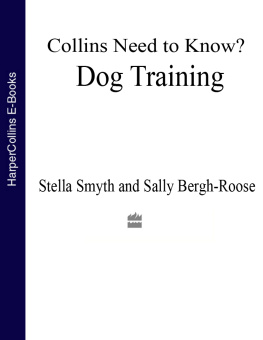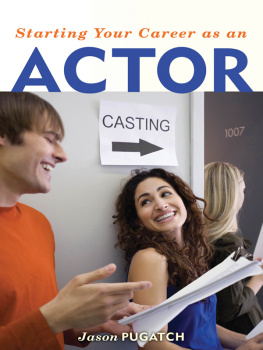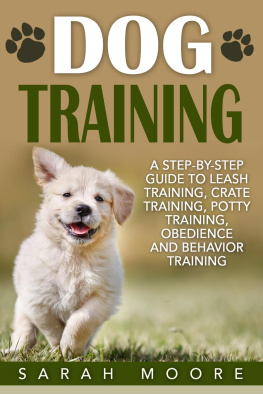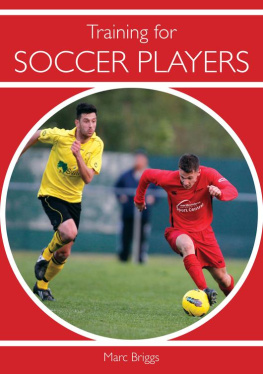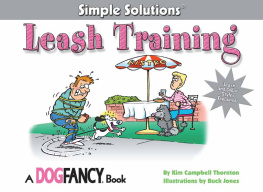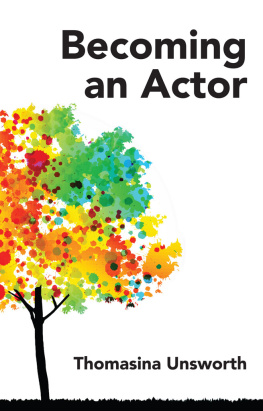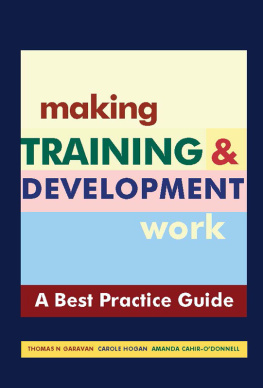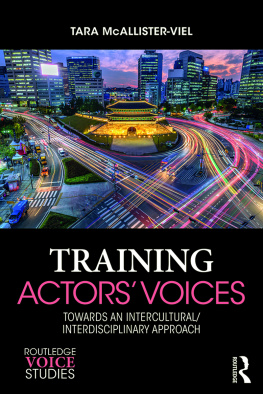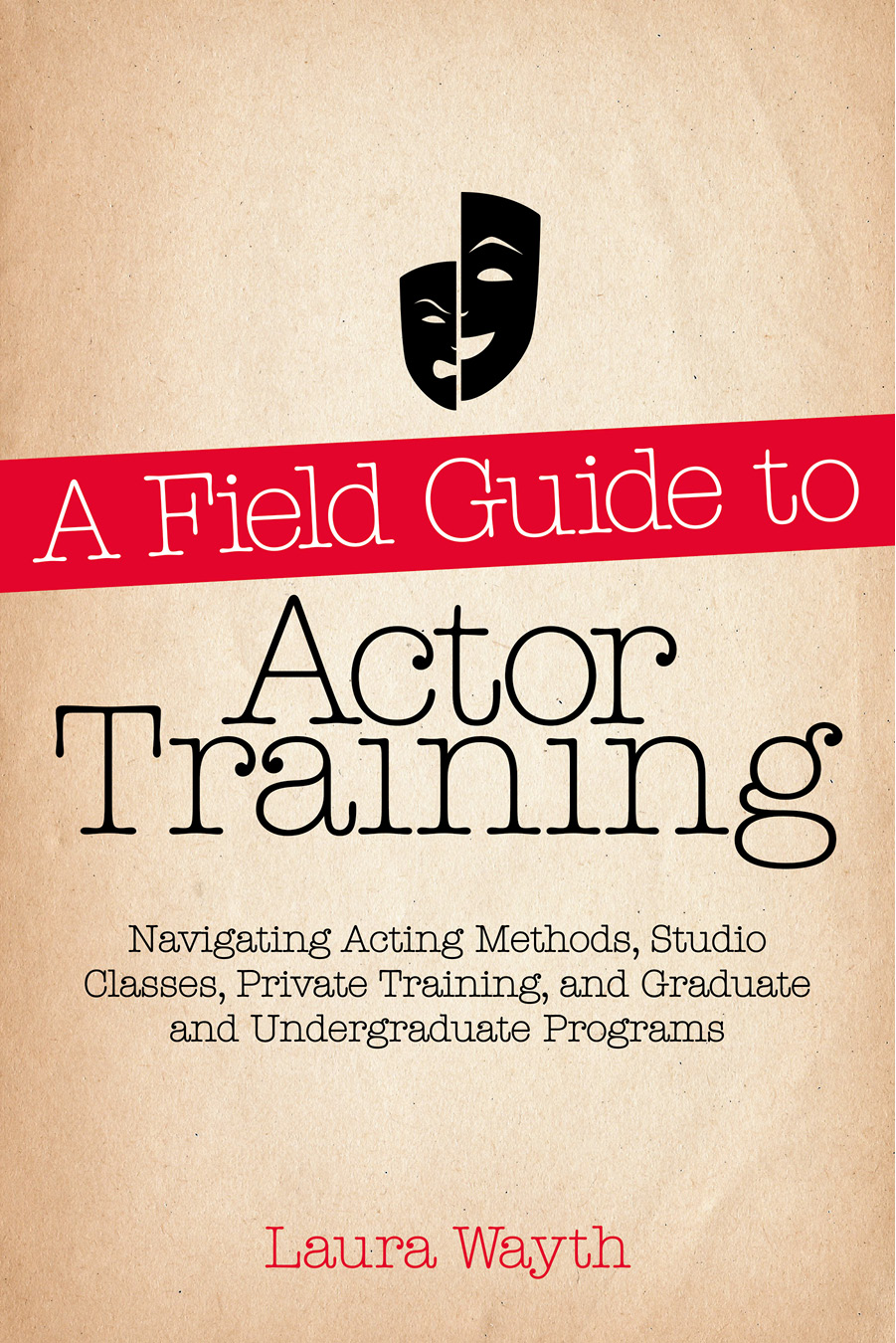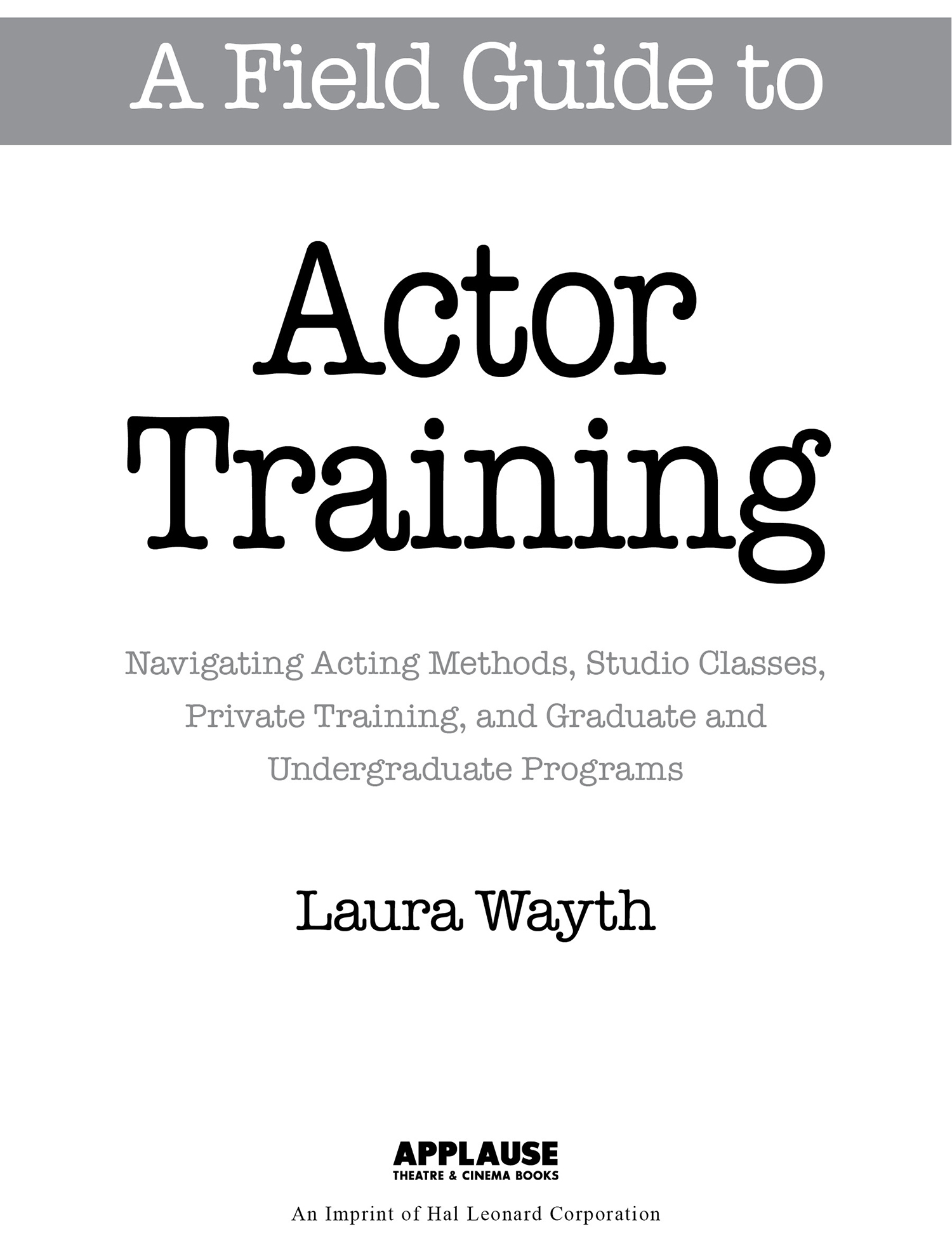Copyright 2014 by Laura Wayth
All rights reserved. No part of this book may be reproduced in any form, without written permission, except by a newspaper or magazine reviewer who wishes to quote brief passages in connection with a review.
Published in 2014 by Applause Theatre & Cinema Books
An Imprint of Hal Leonard Corporation
7777 West Bluemound Road
Milwaukee, WI 53213
Trade Book Division Editorial Offices
33 Plymouth St., Montclair, NJ 07042
Excerpt from Four A.M. copyright 1983 by David Mamet, from Goldberg Street: Short Plays and Monologues , copyright 1985 by David Mamet. Used by permission of Grove/Atlantic, Inc. Any third party use of this material, outside of this publication, is prohibited.
Printed in the United States of America
Book design by Michael Kellner
Library of Congress Cataloging-in-Publication Data
Wayth, Laura.
A field guide to actor training / Laura Wayth.
pages cm
Includes bibliographical references and index.
ISBN 978-0-87910-824-3 (pbk.)
1. Acting--Study and teaching. I. Title.
PN2075.W39 2014
792.028--dc23
2014008324
www.applausebooks.com
To my mentors, Bruce Miller and Jeannie Woods
Contents
Special thanks to Professor Terry Hardcastle, University of Pittsburgh Department of Theatre Arts, for contributing the chapter on Lee Strasberg and the Method.
Special thanks also to Daniela Quinones and Shannon Ouellette for research assistance and to Dr. Larry Eilenberg, San Francisco State University, for his support.
Thanks also to my helpful and supportive editors at Hal Leonard Performing Arts Publishing Group, and to my many acting and teaching colleagues for offering their insights and perspectives.
Thanks to my mom and dad, who have always supported my dreams and education.
I had to learn everything the hard way. This book is my gift to you so that you dont have to.
I always knew that I wanted to be an actor. I tried, for a brief period of time, to pretend that I was interested in going to law school or having some sort of a normal profession. I tried different things: a brief stint in management consulting, a job as a freelance copywriter, and a series of jobs in academic administration. As nice as some of these jobs were, I was acutely aware, deep in the core of my being, that something was missing. I had this undeniable pull to something else. I knew in my heart and in my soul that I had no choice but to be an actor. Finally, I stopped fighting that truth and accepted it; I was, and would always be, an actor.
But my path remained terribly unclear. There was a fairly known and accepted route to other careers. If you wanted to be a doctor, you went to medical school; if you wanted to be an accountant, you went to business school; if you wanted to be a lawyer, you went to law school. But if you wanted to be an actor, you faced a lot of questions. Should you get training? How important is training? Where do you go to get training? What is the right kind of training?
And for me, although there was emotional support in abundance, there was no one to ask; there was no informed mentor in this area, no wise teacher. I was on my own, to forge my own path and to have my own successes and failures.
So I made a whole lot of mistakes, and really expensive ones to boot. I went to study at a graduate program that was not the right match for me, incurring $20,000 in student loan debt. I paid for private classes in New York that did not resonate with me. I didnt know good training from bad. I didnt know what kind of training I needed, or even whether I should continue my training. I plain old didnt know what I was looking for.
After much struggle, my story had a happy ending. Eventually, I found the kind of training that worked for me. Along the way, I got kicked around, inspired, knocked down, lifted up, and ultimately, I learned a heck of a lot the hard way.
Now I am a theatre professor and my happy ending is actually my happy beginning. I say this because a large part of my job is to help other people with their beginnings. Nearly every week, students come to my office, sit in my chair with the big leopard pillows, eat Hersheys miniatures out of the red bowl on my desk, and ask me the dreaded question: Should I be an actor? The ones who know that they have no choice but to be actors ask the other questions: Should I go to graduate school? Which graduate school should I go to? Should I seek out private training? Or should I just go out there and do it?
My job, in this book, is to try to help you to figure it out. I am going to help you to ask these questions of yourself, and Im going to prepare you to make informed decisions as you try to carve your path. I am going to tell you what kinds of training are out there so that you can ask yourself the question: Is this training right for me?
This is the book that I wish I had had when I began my journey. It didnt exist. So I am writing it for you.
A note: You will observe that I always use the word actor in this book, regardless of whether I am speaking about a male person upon the stage or a female person upon the stage.
I never refer to myself as an actress, or to my female students or colleagues as actresses. To me, respect for the craft of acting dictates that all who practice it be termed actors.
While the word actress is a common and accepted usage, to my way of thinking it undermines our true nature as artists. Other crafts, disciplines, and trades do not distinguish between genders: there are no plumbesses, only plumbers; no pilotesses, only pilots.
Being an actor is a craft. All who practice the craft of acting are actors.
1
Should I Be an Actor?
No.
Let me explain.
If you have to ask the question, then the answer is no.
Whenever a student comes to my office and asks me the question Should I be an actor? I always say, No. After I say it, they always make a face that looks like I just stepped on their pet gerbil. But this is the only truth. If you pose this question to me, it implies that there are other things that you can conceive of doing with your life and with your career. If you have other alternatives and other optionsif there is anything else that you feel passionate about, or another interest youd like to explore, you really should do it instead. If you can do anything else, please, by all means, do it were the discouraging, yet very wise words spoken to me on my first day of graduate school. It is the truth.
The only reason to be an actor is that you absolutely, truly cannot focus on any other pursuit. Only become an actor if you have made a real effort to commit to another path, and you just plain old cant do anything else. If you can conceive of yourself being happy by following another route, please strongly consider it. Becoming an actor is a wholehearted commitment and sacrifice. It is a commitment because you must invest every fiber of your being in this choice of profession; it is a sacrifice because in order to make that kind of a commitment there is much in life that you have to be prepared to give up.
Commitment and Sacrifice
To be an actor, you must have an unwavering belief in your craft and a passion for the work that makes everything else in life secondary.
An actor must be prepared not to live a normal life. I know that no one has a normal life these days, but the life of an actor is particularly abnormal. What do I mean by this? Creatures of all kinds seem to crave stability and predictability. My cat Sammy likes to know that breakfast will be served at nine and dinner will be served at five and nap time and window-sitting time comes in the middle. People have greater flexibility than this, of course, but in some small ways we are all like cats; we do best and we feel most secure and grounded when we have stability and routine.


